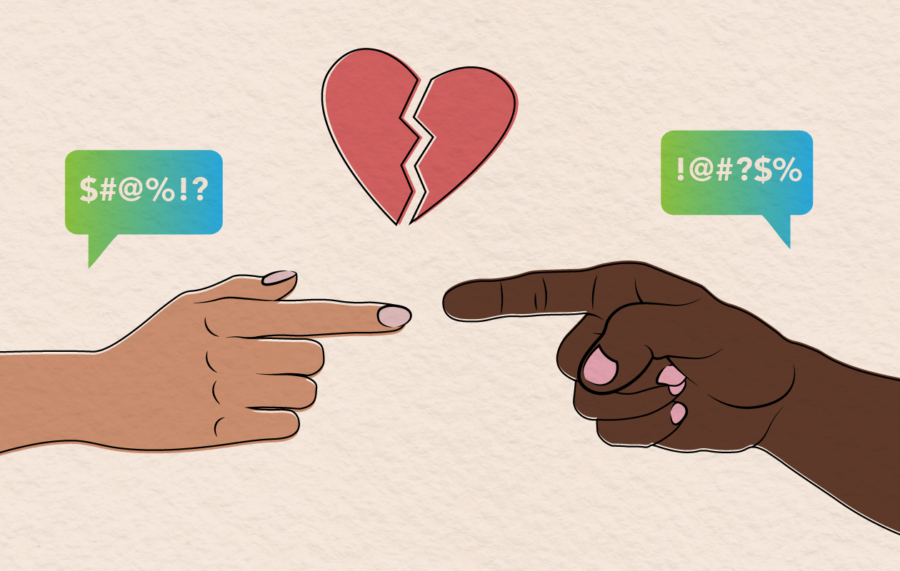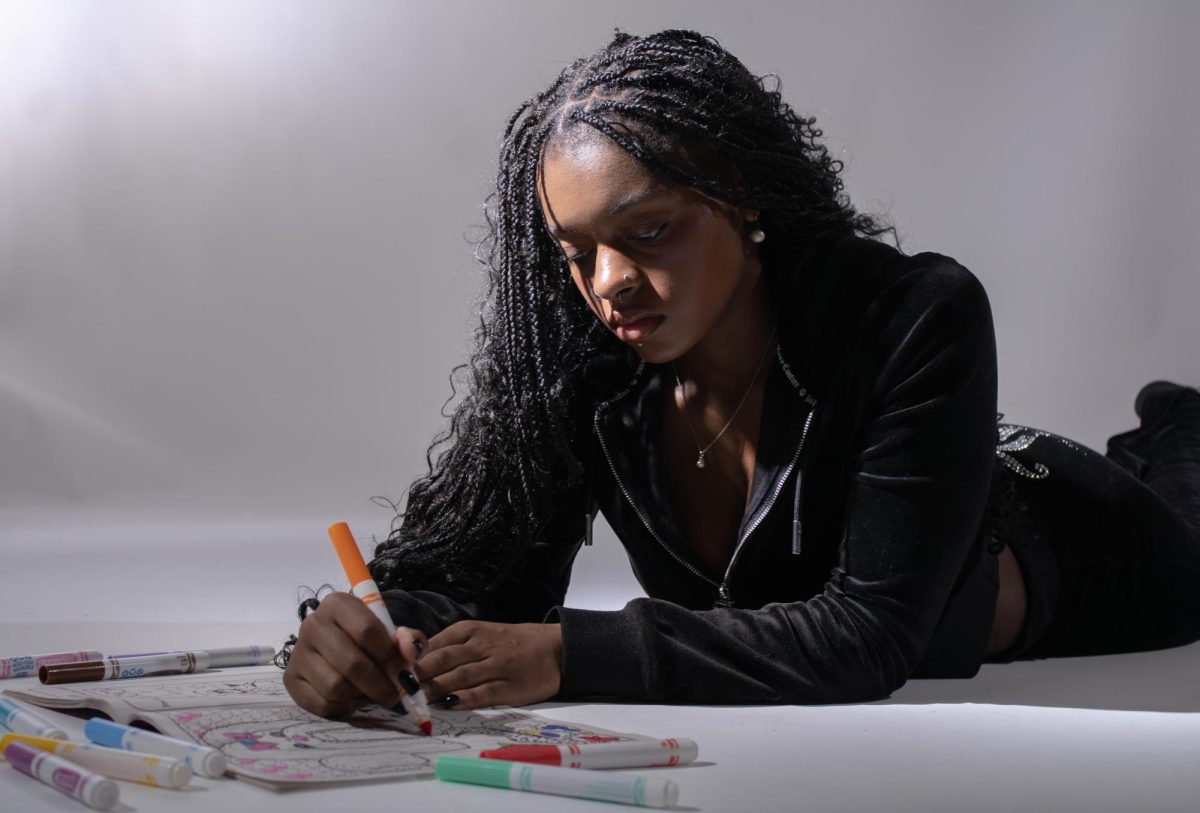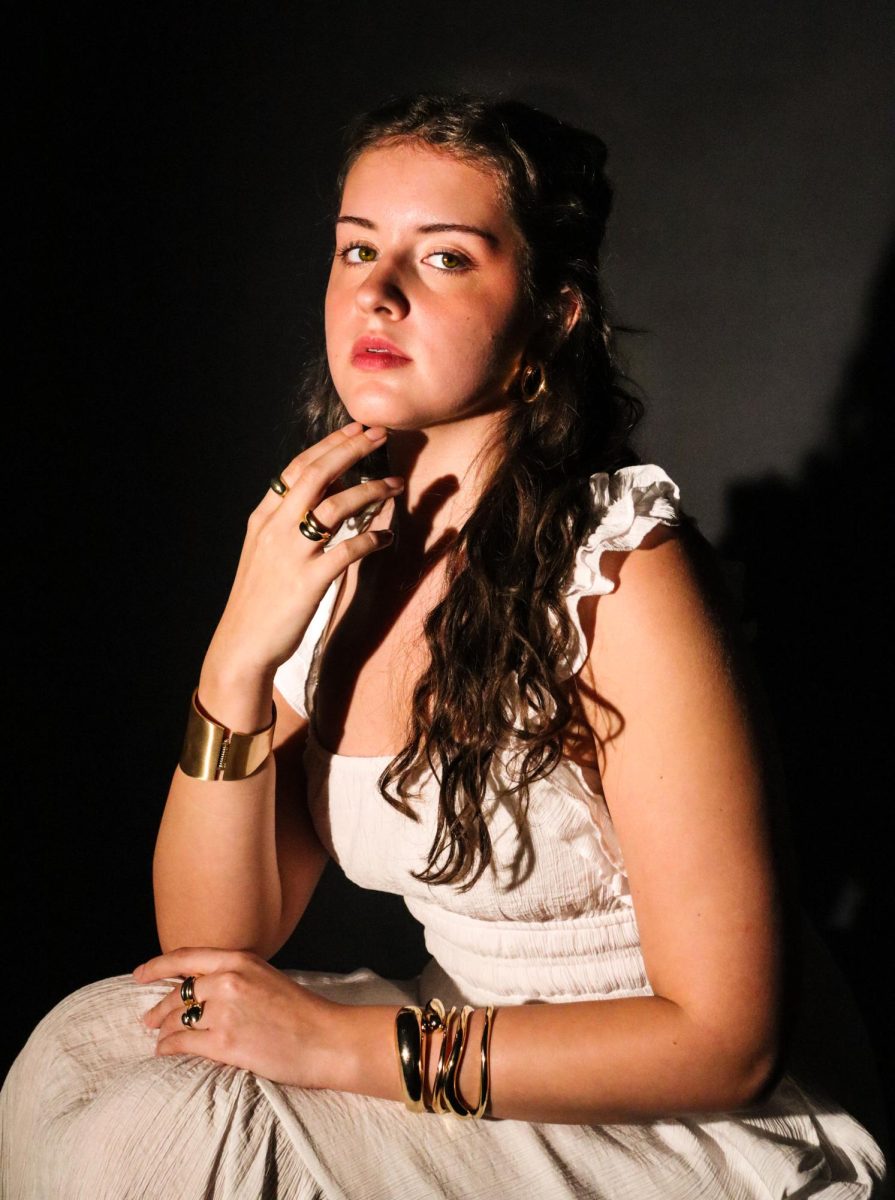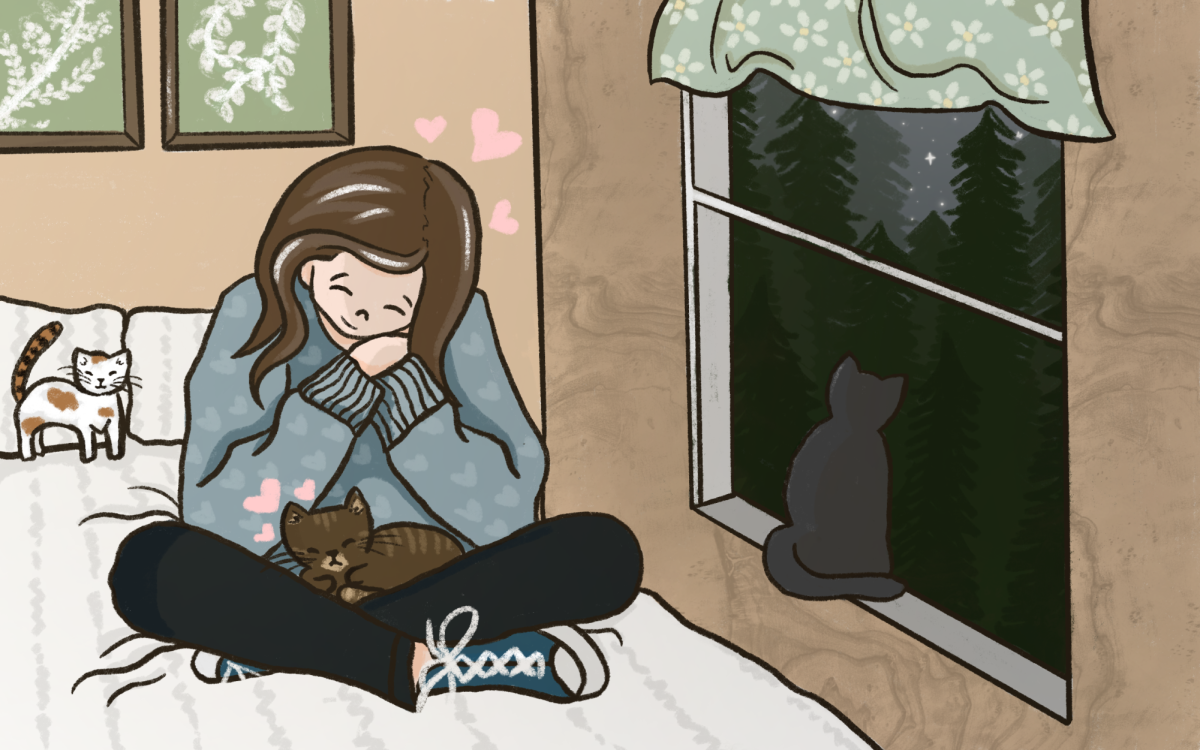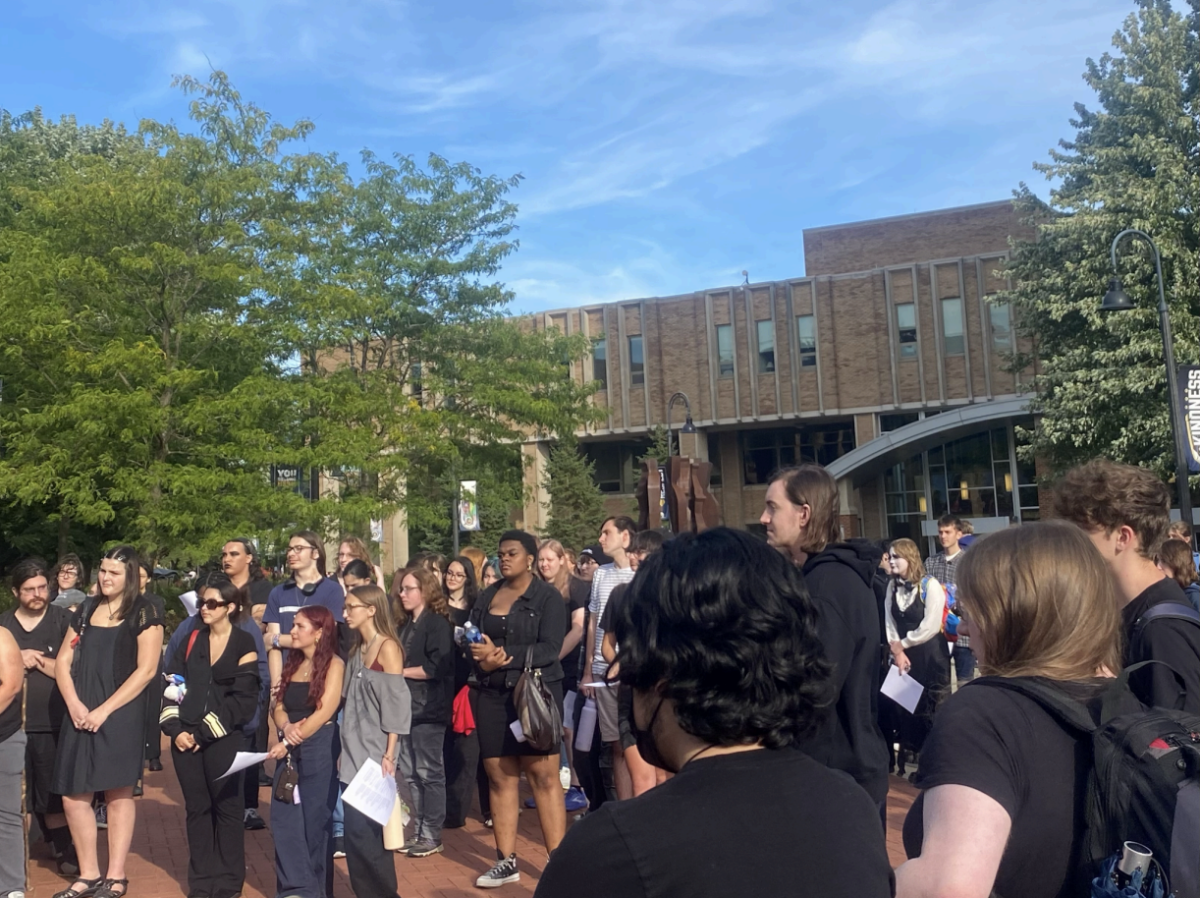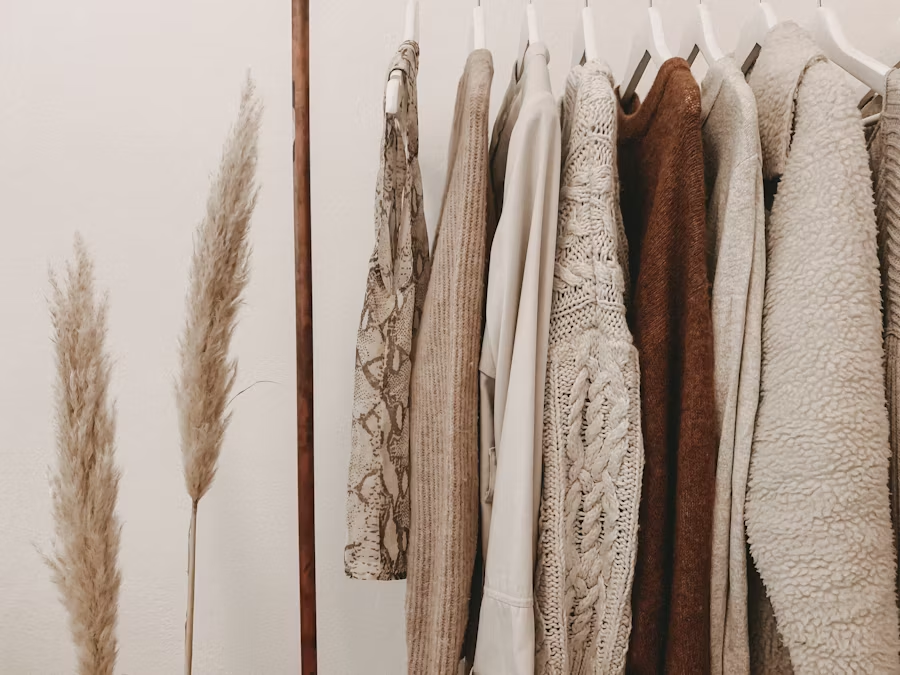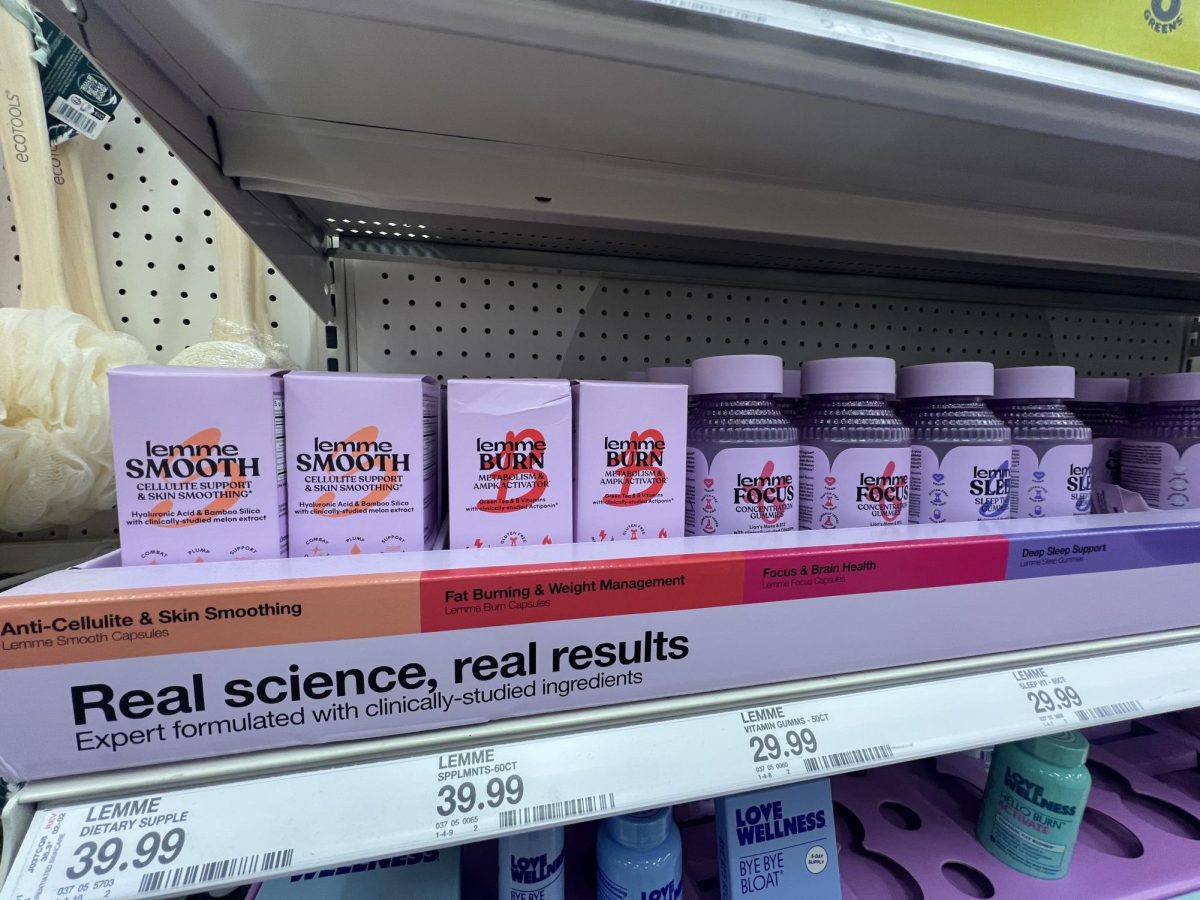Note: this may be triggering to some readers!
Hello again, it’s me, your go-to amateur sexpert at Kent State. If you’re new to the blog, I am a human sexuality student here and am beyond fascinated with sex trends, relationship questions, and dating tips from my own peers. Last time, we covered the topic of sex ed and what it’s like to date someone with the opposite political views.
Alongside being frustrated with your sex ed, readers and survey responders gave me a new and rather scary insight into college relationships. I made the statement, “My college romantic relationships have been healthy.” In the survey, 60% of responders checked “No.” While I didn’t ask all 40,000+ students enrolled at KSU, this is an alarming glimpse into what is happening behind closed doors, at parties, downtown, etc. This week, we are going to chat all about what makes a relationship “healthy,” how to pick up on toxic traits, and escape bad romantic partnerships.
It also just so happens that October was National Domestic Violence Awareness Month, so I hope you take this info with you in the future and advocate for healthy relationships in yours and others’ lives.
Healthy relationships
Everyone’s relationship and love language are different, but there are some overarching themes that describe health for every couple, no matter their background.
First, you may roll your eyes when I say it, but… communication is key. Being able to talk about your day with each other with ease is important and being able to negotiate, compromise, and disagree is vital to healthy relationships as well.
Bottling up emotions, silent treatments, and not addressing the elephant in the room just hurts relationships. Being able to take the time you need to calmly talk it out is a sign of a healthy and mature relationship. At times, taking a breather before the confrontation is necessary to avoid raising your voice.
Additionally, other healthy signs include being able to be yourself. If you can feel yourself trying too hard to be someone you’re not via clothing choices, new interests, etc., make sure you’re not losing yourself to please someone else. This could lead to animosity and resentment down the road.
Additionally, it’s okay to have your own friends and life outside of a partner. Remember: be interdependent, not codependent on each other. Your lives are not the exact same. Keep it that way! Also, if you hike or run together and have sex at least twice a week, your relationship will be physically healthy. (Teehee!)
Red flags
Now, many of you guys addressed that a lot of your romantic relationships have not been healthy. It makes sense. Meeting new people in college is fun. Your intentions are good and you hope meeting new people can mean having a new friend, booty call, or significant other. What starts off friendly can end in abusive behavior. Here are just a few signs of toxic behavior:
- They make you feel guilty for going to class or fulfilling other school responsibilities. In some cases, you may skip to appease them.
- They make you feel guilty when you hang out with friends.
- They scrutinize how you dress or do your hair/makeup.
- They rarely leave your dorm or apartment, even when you ask them to leave.
- They yell at or belittle you.
- They make you feel guilty for not wanting to or having no time in a day to have sex.
- They scrutinize how much alcohol you drink or force you to drink when you don’t want to.
- They threaten to get physical or actually lay hands on you.
Now, of course, red flags come in all shapes and sizes. If your relationship feels off, trust your gut. It probably is. Your instincts are correct and you deserve much more than to put yourself on the backburner for someone else.
Getting out
Now, there are several resources to look into using when you’re stuck in a toxic relationship. On Kent State’s main campus specifically, we have the Women’s Center, which houses Sexual and Relationship Violence Support Services [SRVSS]. You can reach out to their office via email or phone. If you are out of school, several organizations have been established to help you out day or night. Check out RAINN, the National Sexual Violence Resource Center, and other resources here. Additionally, make your own safety plan with contact information and resources. You can use this template here.
Remember: you are not alone in this and you do deserve happiness and health.
Support Student Media
Hi, I’m Maria McGinnis, a senior journalism student from Stow, Ohio. I’m also the editor in chief of A Magazine. My staff and I are committed to bringing you the most important and entertaining news from the realms of fashion, beauty, and culture. We are full-time students and hard-working journalists. While we get support from the student media fee and earned revenue such as advertising, both of those continue to decline. Your generous gift of any amount will help enhance our student experience as we grow into working professionals. Please go here to donate to A Magazine.

